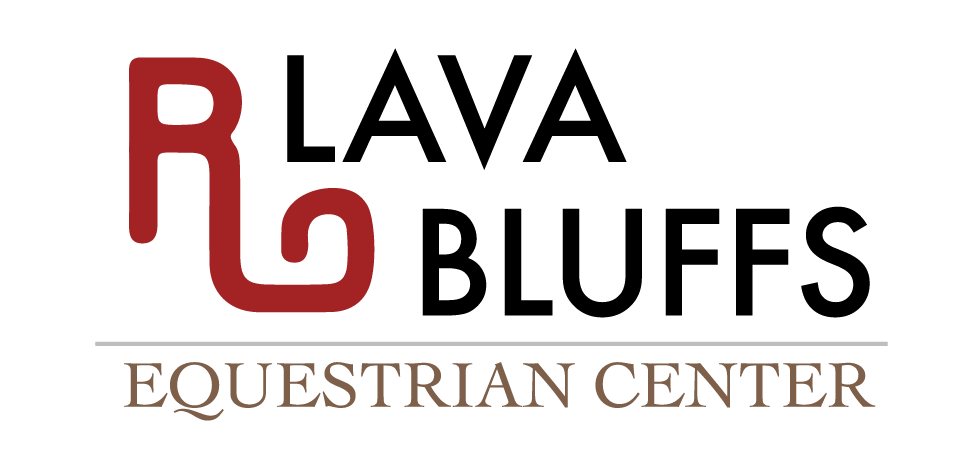In the high-stakes world of rodeo, every millisecond and every move counts. A champion performance isn't just about training and talent; it's profoundly impacted by what goes into your horse's feed bucket. Unlike leisure horses, rodeo and performance horses are equine athletes with unique and demanding nutritional needs. Providing the right fuel is critical for explosive power, sustained endurance, mental focus, and rapid recovery.
So, how do you feed a horse destined for the arena? Let's break down the science behind fueling your equine champion.
Understanding the Rodeo Horse's Demands
Rodeo disciplines like barrel racing, roping, and cutting demand bursts of high-intensity energy followed by periods of recovery. This intense workload impacts every system in the horse's body, requiring:
High Energy (Calories): For quick bursts of speed and power.
Quality Protein & Amino Acids: For muscle repair, growth, and strength.
Electrolytes: To replenish what's lost through significant sweat during intense work.
Vitamins & Minerals: For bone density, immune function, energy metabolism, and overall health.
Gut Health Support: To efficiently digest nutrients and manage stress.
The Foundational Elements of a Performance Horse Diet
Every successful performance horse diet starts with these core components:
Quality Forage (Hay & Pasture):
The Cornerstone: This is non-negotiable. High-quality hay or pasture should make up the majority (at least 1.5-2% of body weight daily) of your horse's diet. Forage provides essential fiber for gut health, a steady energy source, and helps buffer stomach acids.
Recommendation: Test your hay to understand its nutritional content, as quality can vary significantly.
Concentrates (Grains & Commercial Feeds):
Energy Boost: Forage alone often can't meet the intense caloric demands of a rodeo horse. Concentrates (like oats, barley, or specialized performance feeds) provide the necessary carbohydrates and fats for energy.
Commercial Performance Feeds: Often formulated to be "complete" or "balanced," providing a precise blend of energy, protein, vitamins, and minerals. Look for feeds specifically designed for "performance," "athletic," or "competition" horses.
Fat is Your Friend: Adding healthy fats (like rice bran, flaxseed, or specialized fat supplements) offers a "cool" energy source, meaning it provides sustained energy without the "hotness" that some grains can cause. Fats are excellent for endurance and coat health.
Protein and Amino Acids:
Muscle Builders: Adequate protein is crucial for muscle repair and development. However, it's not just about the total protein percentage; it's about the quality of protein, specifically the essential amino acids like Lysine and Methionine.
Sources: Alfalfa hay, soybean meal, or commercial feeds with high-quality protein sources.
Electrolytes:
Replenish & Rehydrate: Rodeo horses sweat heavily, losing vital electrolytes like sodium, chloride, and potassium. Failure to replace these can lead to dehydration, fatigue, and even serious health issues.
Delivery: Offer a salt block free-choice. Additionally, supplement with a balanced electrolyte product, especially before, during, and after intense training or competition, ideally mixed in feed or a separate bucket of water.
Vitamins & Minerals:
Micronutrient Powerhouses: These are essential for everything from bone strength (calcium, phosphorus) and red blood cell production (iron, copper) to immune function (selenium, Vitamin E) and energy metabolism (B vitamins).
Ensure Balance: If using a commercial performance feed at recommended rates, these are usually balanced. If feeding simpler grains or primarily forage, a good quality vitamin/mineral supplement might be necessary.
Water: The Most Critical Nutrient:
Constant Access: Unlimited access to fresh, clean water is paramount. Dehydration rapidly diminishes performance and can be life-threatening.
Monitor Intake: Especially when traveling or during hot weather, monitor water intake closely. Adding a splash of apple juice or electrolytes to water might encourage drinking.
Strategic Feeding for Performance & Recovery
Small, Frequent Meals: Horses have small stomachs. Feed several smaller meals throughout the day rather than one or two large ones to aid digestion and nutrient absorption.
Pre-Event Feeding: Keep meals light and easily digestible on competition days. Avoid large grain meals just before intense exercise to prevent digestive upset or "tying up."
Post-Event Recovery: Immediately after strenuous work, offer electrolytes and fresh water. Once the horse has cooled down and settled, provide good quality forage and a balanced feed to kickstart muscle repair and energy replenishment.
Adjust Seasonally & By Workload: A horse in active rodeo season needs more energy than one in downtime. Adjust feed amounts based on work intensity, weather, and the horse's body condition.
Common Feeding Mistakes to Avoid
Sudden Diet Changes: Any changes to feed type or amount should be made gradually over 7-10 days to allow the digestive system to adapt.
Overfeeding or Underfeeding: Both can lead to problems. Overfeeding causes obesity and potential health issues; underfeeding results in poor performance and muscle loss.
Ignoring Individual Needs: Every horse is unique. Factors like age, metabolism, temperament, and specific health issues should influence their diet.
Poor Quality Feeds: Don't cut corners on feed quality. Substandard hay or concentrates lack the nutrients your performance horse needs.
Consult the Experts
While this guide provides a strong foundation, the best approach is always to consult with your veterinarian or an equine nutritionist. They can help you formulate a precise diet plan tailored to your horse's individual needs, workload, and any specific health considerations.
Fueling your rodeo horse correctly is an investment in their health, longevity, and ultimately, their success in the arena. Provide them with the best, and watch them perform at their peak!

